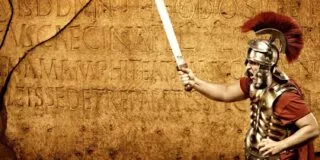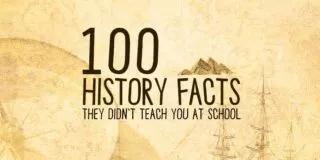Within the modern world, the life we live is a product of everything that came before us.
So it should come as no surprise that there’s many little phrases or actions that we do in the modern world which can trace their origins back to distant history.
Here are five common phrases that we use, and the history behind them.
Get off your high horse.
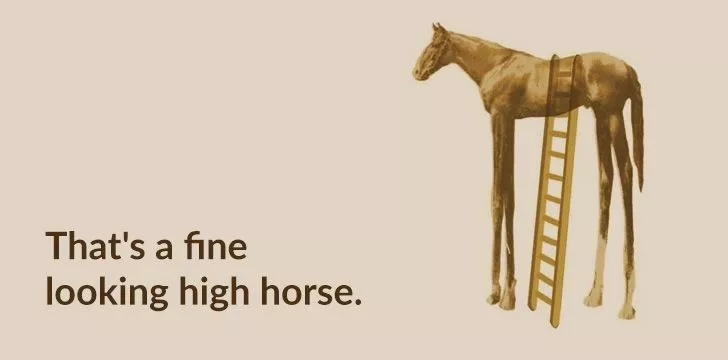
Ever wonder where this saying comes from?
In medieval times, knights and nobles would often ride huge warhorses that were specifically bred for fighting and strength.
These horses, called Destriers, often wore just as much plate and mail as their owners that often cost as much as a good set of armor did.
When two knights would ride out to parlay they’d tell each other “Step down from thy Destrier” so they could speak as equals.
Eating Humble Pie.
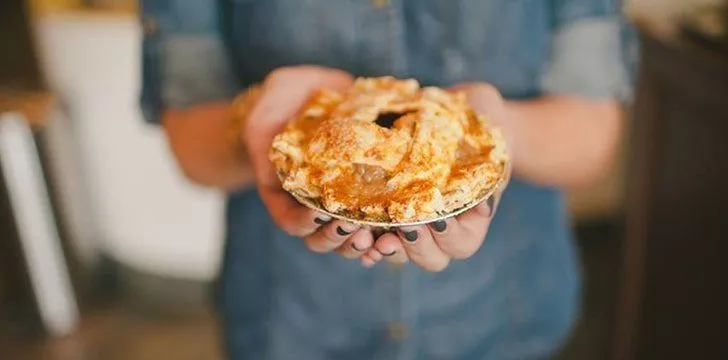
Everyone’s heard the saying to “Eat Humble Pie,” but what exactly does it mean?
Well a Humble Pie is a pie made up of a game animal’s minced up “pluck,” which is the heart, liver, lungs and kidneys – usually within deer.
The reason this is referred to as a “Humble” pie is because it is an adaption of the term “Umble,” which itself is an adaptation of the French word “Nomble,” meaning “Deer’s Innards.”
This type of pie is considered to be lowly and humbling, especially when compared to a good cut of venison, and therefore is why eating humble pie is a statement reflecting someone’s humility.
Living Over The Brush.
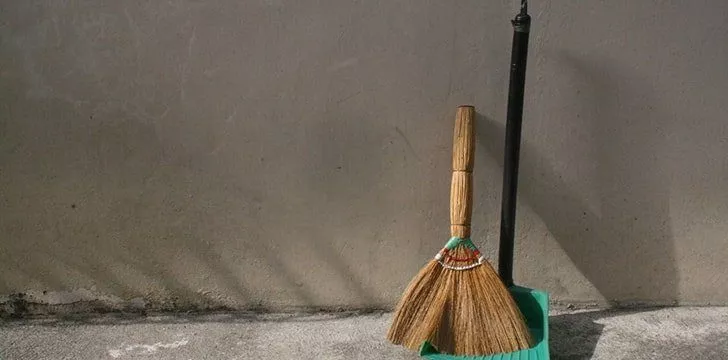
The term “Living Over The Brush” is used to describe an unmarried couple living together.
This is derived from the ancient marriage practice of jumping over a broom to cement a marriage that was unable to be blessed by a religious official.
After the exchanging of vows, the couple would hold hands and jump over a broom or brush handle together that was held by the two most respected elders in the village.
This practice is still used to cement the coming together of two people in Pagan hand-fasting ceremonies.
The Right-Handed Hand Shake.

In most cultures, a right-handed handshake is the standard greeting, be it a greeting between colleagues or friends.
This generally originates from medieval times to signify to someone that you aren’t armed.
As most fighters would be right-handed swordsmen, and by using the right hand to shake it showed the other party you weren’t going to go for your weapon and cut them down.
As a side note, Scouts and Girl Guides shake hands with their left hand as a visual metaphor for their motto of “Always be Prepared”.
Clinking your glasses together and saying “Cheers!”

The practice of touching your glasses together in cheers originated from Ancient Greece, which was a time where there was every chance someone was trying to poison you.
By clinking glasses together you were spilling a bit of your own drink into the other person’s, and vice versa, so if that person was trying to poison you they were poisoning themselves too.
So therefore cheers-ing your glasses together became a sign of trust among two parties.
If you’re paranoid like me, then you’d just carefully watch where someone pours the drinks from and never eat or drink something unless you’ve seen someone else already do it.
So there you go, five simple phrases and actions that are rooted in history.
The next time you meet someone and shake their hands explain to them where it comes from, or likewise if you’re looking for a conversation starter at a bar then cheers that person and tell them why people do that.

